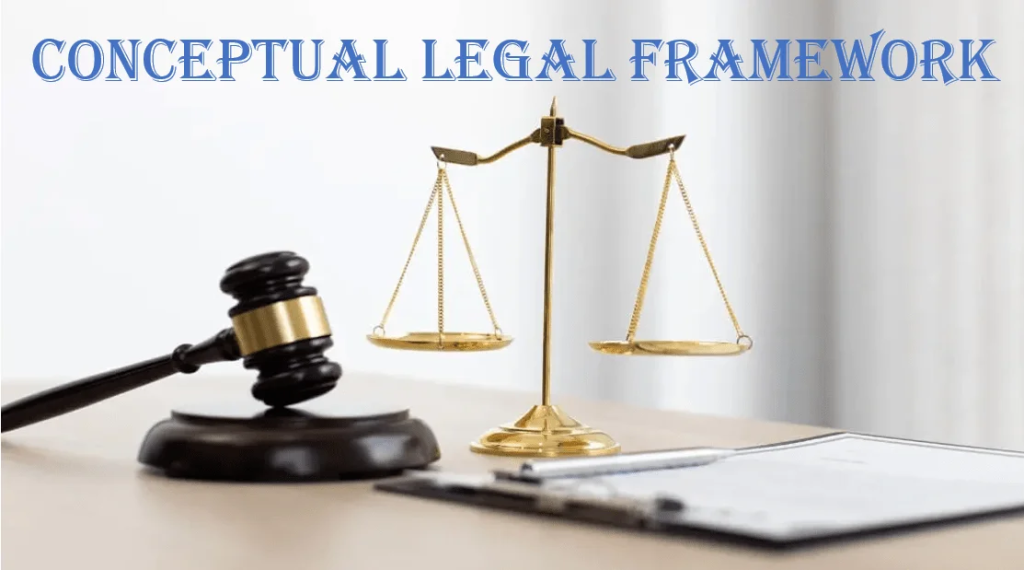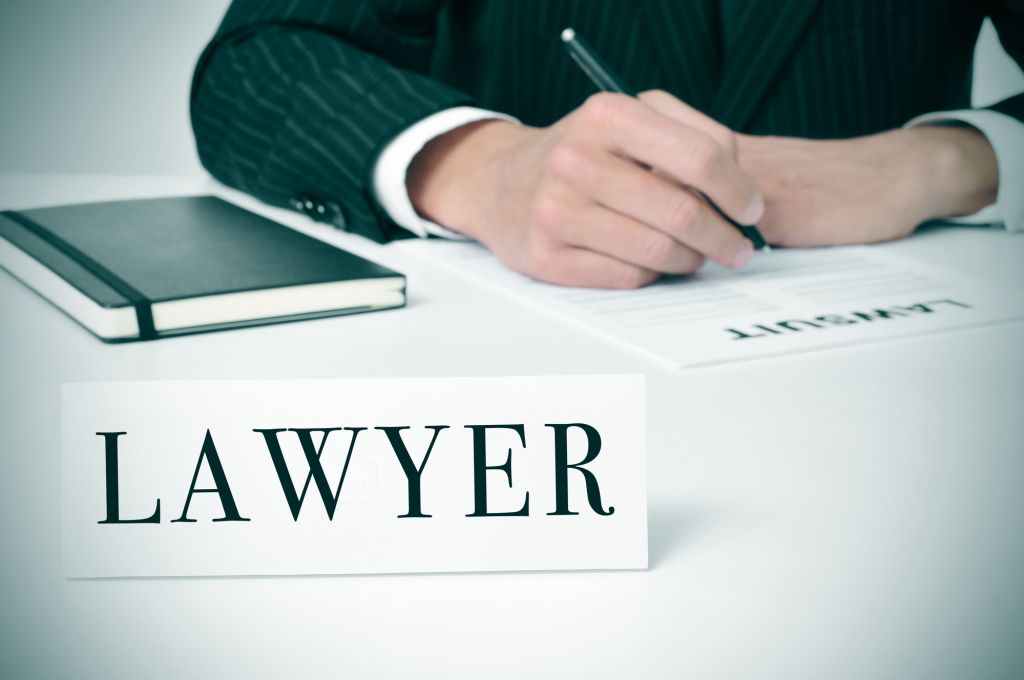
Navigating commercial debt can be daunting. For many businesses, falling behind on payments isn’t a matter of negligence but of cash flow challenges or unforeseen disruptions. In such cases, knowing your options and taking proactive steps to negotiate and reduce commercial debt can be vital. Understanding your rights, obligations, and the role of commercial debt collection agencies can empower you to protect your interests.
In this blog, we break down essential strategies for reducing commercial debt, highlight the role of professional collection services, and explain the advantages of seeking expert assistance. With rising economic pressure globally, having a structured approach to debt negotiation is no longer a luxury but a necessity.
What Is Commercial Debt and How Is It Handled?
Commercial debt refers to financial obligations incurred by businesses through credit lines, vendor services, or loan agreements. Unlike consumer debt, it involves more significant sums and stricter contractual obligations. When payment defaults occur, creditors often attempt internal recovery efforts before outsourcing to a professional commercial debt collection agency.
These agencies specialize in retrieving funds from businesses rather than individuals. They understand the unique regulatory frameworks that apply to B2B debt and follow ethical standards set by associations like the Commercial Collection Agency Association (CCAA). Agencies must often obtain licensing, submit to audits, and adhere to codes of conduct to maintain certification. States like Arizona require licensing and periodic renewals, ensuring that only compliant firms remain active.
Understanding these dynamics is essential for any business in arrears. Being informed about how debts are collected and what standards govern the process can help avoid legal pitfalls and unnecessary financial strain.

Negotiating Debt Reduction Before It Goes to Collections
Before a debt is sold or assigned to a collection agency, creditors may be open to negotiation. In most cases, they recognize that turning a debt over for collection often yields only pennies on the dollar. To avoid such significant losses, they may agree to a reduced payment directly with the debtor.
This process typically begins with an offer from the debtor or the debtor’s legal representative. The offer should reflect what the business can realistically afford. Creditors are more inclined to accept offers that approach the original amount owed, as their priority is to minimize loss rather than pursue punitive outcomes. However, no law compels a creditor to accept a settlement.
Because negotiations are nuanced and timing-sensitive, many businesses choose to work with professional debt negotiators. Experts like The Stevens-Lloyd Group, Inc. have deep experience in handling complex negotiations, making them a valuable partner during such discussions.
The Role of Professional Debt Collection Agencies
When negotiations fail or the debtor remains unresponsive, creditors often involve a debt collection agency. These agencies bring professionalism, legal understanding, and a global reach to the table. Especially when dealing with international debtors, it’s crucial to have a team that understands international law, has connections with foreign entities, and works closely with embassies and consulates.
The Stevens-Lloyd Group, Inc. operates with a worldwide network of attorneys. This global footprint enables swift legal action across borders. Their relationship with consulates and embassies helps smooth communication and legal compliance during international debt recovery efforts.
Agencies like Stevens-Lloyd provide more than collection calls. They investigate debtors, assess payment capabilities, and build a customized recovery strategy. Their multi-lingual, multicultural teams understand the complexities of negotiating with global clients and ensuring compliance with varying regional laws.

Why Work With a Commercial Debt Collection Law Firm?
Unlike general collection services, a law firm specializing in commercial debt offers a deeper level of authority. Legal professionals are trained to analyze contracts, identify breaches, and initiate legal proceedings when necessary. This added pressure often results in faster settlements.
Firms such as The Stevens-Lloyd Group, Inc. provide a combination of legal prowess and practical negotiation. Their attorneys understand creditor expectations and debtor concerns. They help mediate in a professional manner that maintains reputations while seeking full or partial repayment.
Their ethical standards ensure that all actions comply with applicable laws, reducing the risk of litigation or penalties. They also offer advisory services, helping clients understand whether litigation or arbitration is the better route. With the right legal backing, even stubborn debts become manageable.
Understanding Legal Frameworks: FDCPA vs. CCAA
A common misconception is that the Fair Debt Collection Practices Act (FDCPA) governs all debt collection. However, FDCPA primarily applies to consumer debt. In contrast, commercial debt collection is guided by the standards of the Commercial Collection Agency Association (CCAA).
The CCAA enforces ethical conduct, state-specific licensing, and rigorous audits. Member agencies must maintain transparency, respect for debtors, and documented procedures. Being CCAA-certified is a mark of trustworthiness and professionalism. When selecting a collection partner, this certification is a crucial factor.
Firms that do not comply risk penalties or revocation of their certification. By choosing a certified agency, businesses ensure that their collection processes meet industry standards and preserve their reputation.

Tips for Business Owners in Debt
If your company is facing financial distress, the first step is to assess your liabilities. Identify which debts are most critical and which creditors are most likely to negotiate. Keeping communication open with vendors and lenders can buy you time and good will.
Second, maintain detailed records. Document every conversation, payment, and agreement. This will provide clarity during negotiations and protect you in case of disputes.
Finally, don’t delay in seeking professional help. The longer a debt remains unpaid, the fewer options become available. Working with a professional agency or law firm early can improve your chances of a favorable settlement.
Benefits of Reducing Debt Before Legal Action
Negotiating a reduction in commercial debt before it escalates into legal action offers several benefits. First, it avoids additional legal costs. Second, it helps preserve business relationships. Third, it can prevent negative entries on credit reports or damage to your company’s financial standing.
Moreover, settlement agreements can often be structured in installments, reducing the immediate burden. By showing a willingness to cooperate, businesses often earn better terms and protect their long-term viability.
Debt reduction is not about escaping responsibility; it’s about finding realistic solutions to financial challenges. By being proactive and seeking professional guidance, companies can restore stability and credibility.

Case Studies in Effective Debt Recovery
Consider the example of a mid-sized manufacturing company in Florida that owed over $150,000 to a supplier. After months of silence, the supplier engaged The Stevens-Lloyd Group. Within weeks, the firm assessed the financial health of the debtor, opened a negotiation channel, and settled for a lump-sum payment of $85,000. The supplier avoided further losses, and the debtor avoided a lawsuit.
Another case involved an international software company with unpaid invoices across four countries. Thanks to Stevens-Lloyd’s global attorney network, they were able to engage each debtor locally, file notices where needed, and recover 90% of the total amount within three months.
These cases underscore how professional agencies not only recover debt but do so efficiently, ethically, and without burning bridges.
When to Involve Legal Counsel
Many businesses wait too long before involving legal help. The ideal moment is when internal recovery efforts have failed and the amount justifies professional intervention. Early legal action shows seriousness and can prompt quicker debtor response.
Legal professionals can issue demand letters, file liens, or even initiate lawsuits when appropriate. They help translate contracts, understand foreign jurisdictions, and communicate in legally binding ways.
At The Stevens-Lloyd Group, Inc., each case is treated with urgency and discretion. Clients are informed every step of the way, ensuring transparency and control throughout the process.

Preventing Commercial Debt Accumulation
Beyond collection, it’s important to prevent future commercial debt. Businesses should vet clients before extending credit, establish clear payment terms, and monitor receivables regularly. Offering early payment incentives or applying penalties for late payment can also improve cash flow.
Using tools like credit reports, business references, and financial statements during the onboarding process helps assess risk. Automating invoice follow-ups and using clear, legally sound contracts reduces ambiguity.
Moreover, having a strong recovery partner like Stevens-Lloyd on standby signals to clients that non-payment will not be ignored. This alone can encourage timely payments.
Conclusion
In today’s volatile economy, businesses must be equipped to manage commercial debt with confidence and strategy. By understanding the standards of collection, leveraging negotiation opportunities, and choosing the right recovery partners, companies can reduce debt while protecting their operations.
The Stevens-Lloyd Group, Inc. offers more than just collection services. Our worldwide attorney network, diplomatic ties, and commitment to ethical recovery make us a trusted ally in debt management. Whether you’re facing local disputes or cross-border delinquencies, we bring the experience and authority needed for a successful outcome.
For immediate consultation, contact us at 888-882-2282 or visit our site. Let us help you turn overdue accounts into closed files.
![]()
